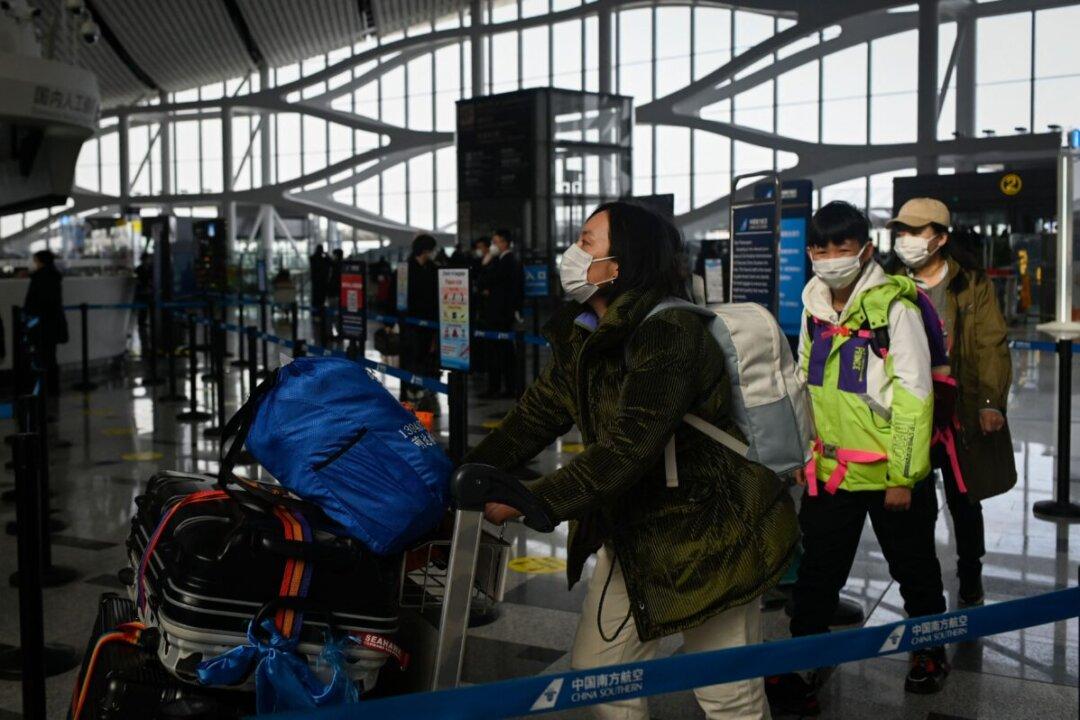China opened its borders earlier this month, and as outbound travel resumes—despite a surge of COVID-19 infections—the move has triggered broad concerns. Many countries are tightening restrictions on entry for Chinese tourists to prevent them from bringing the virus into their lands.
A flare-up of infections and deaths hit China after the Chinese Communist Party (CCP) abandoned its dynamic zero-COVID policy on Dec. 7. The border officially re-opened on Jan. 8, allowing travel out of China after three years of lockdowns and personal restrictions.





